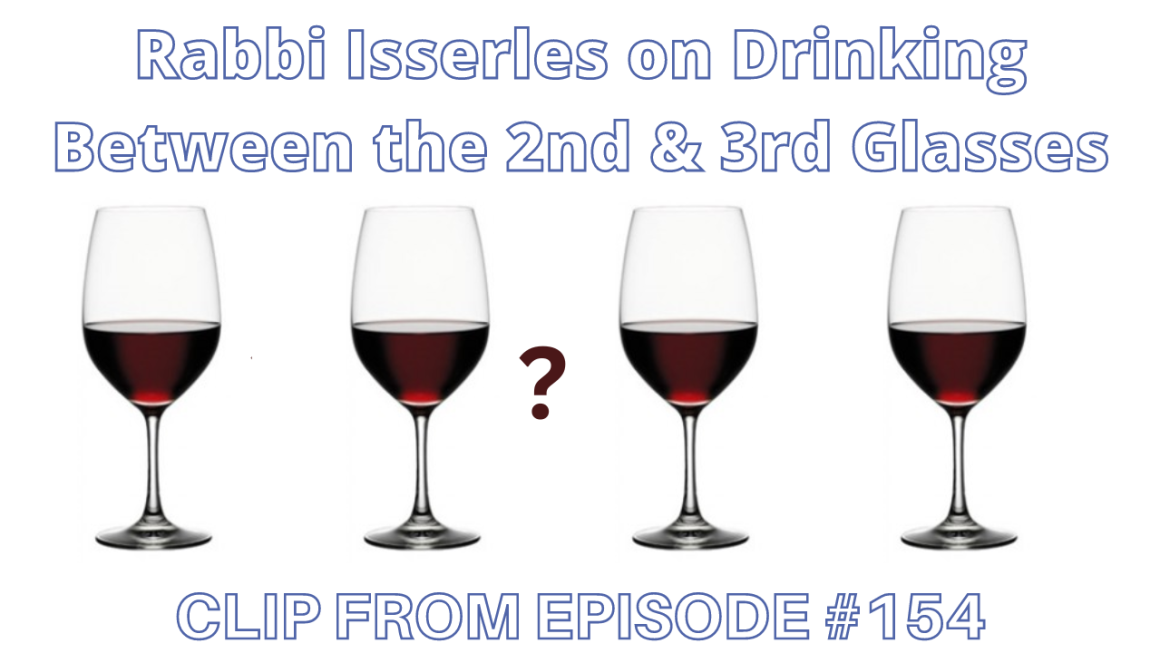 While there is a well-known tannaitic teaching that one says a blessing – בורא פרי הגפן (Creator of the fruits of the vine) – over wine (mBerakhot 6:1), one of the interesting blessings that is created during the period of the amoraim is that over drinking different wine (bBerakhot 59b):
While there is a well-known tannaitic teaching that one says a blessing – בורא פרי הגפן (Creator of the fruits of the vine) – over wine (mBerakhot 6:1), one of the interesting blessings that is created during the period of the amoraim is that over drinking different wine (bBerakhot 59b):
אמר רב יוסף בר אבא אמר רבי יוחנן אף על פי שאמרו שינוי יין אינו צריך לברך אבל אומר ברוך הטוב והמטיב
Rav Yosef, son of Abba, said: “Rabbi Yohanan said: ‘Even though they said a change of wine does not require a blessing, but one does say Blessed…The Good and The One Who Does Good.'”
This is such an interesting move: in addition to saying the blessing over wine over the first wine, if one drinks a different wine, one says a separate blessing on that different wine. Curiously, the language for saying the blessing over the wine is a necessity, whereas with this other wine, Rabbi Yohanan says one is to say it (it sounds a little less obligatory). It seems that one thanks God for this additional goodness in one’s life that they are able to enjoy not only one wine, but even have a second wine at the same temporal experience. While it is unclear from this statement whether or not Rabbi Yohanan intended this blessing to be said over a third or fourth different wine or not. While one could say that each and every additional wine brings with it a further goodness and one needs to bless God for such goodness in one’s life, another approach could be that simply enjoying a multiplicity of wines is a great goodness for which one is to bless God for having in one’s life and that one need not thank God for each and every wine brought out.
Curiously, owing to the pericope (סוגיא) in which it is found, a particular condition is then placed upon this blessing, since the redactors see that another time that this blessing is to be used, there is a benefit to another and not just oneself. Therefore, they set about to fit this blessing within that framework, yielding their justification of “דאיכא בני חבורה דשתו בהדיה” (“there are people in that group that are drinking with him”). This then makes the saying of the blessing only to be said when drinking with other people (at the very least, one other person).



